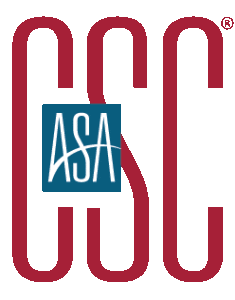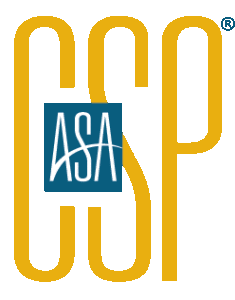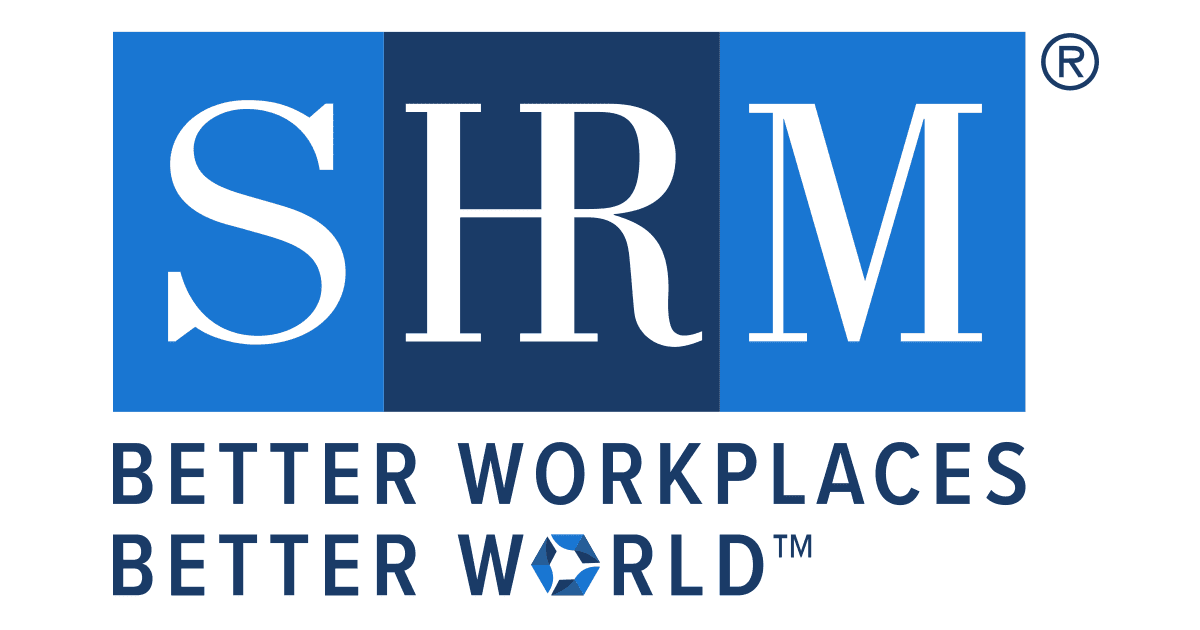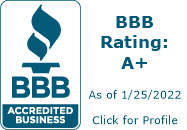According to an article in the latest edition of the American Staffing Association’s bi-monthly magazine, Staffing Success, most employers believe that a candidate’s soft skills are just as important as their hard skills. Soft skills are defined as “less tangible traits associated with one’s personality, such as a positive attitude,” and hard skills are “abilities that are learned to perform a specific job function and can be measured, such as operating a computer program.”
Continue reading “Why it’s Important to Highlight Your Soft Skills in an Interview”











